When you think of places of faith, do you also think of work toward justice, toward uplifting and advocating the oppressed? In my interviews this month, I heard that radical justice is at the heart of the faith of Cantor Jacob Niemi (he/him), congregant Alexander Lemkin (he/she/they), and Rabbi Bonnie Margulis (she/her), as well as entire movements of Jewish faith. I hear of a faith that speaks to mystical understandings and also brings forward faith in action across all the racial identies of Judaism, and all the genders, in all their struggles, their enslavements—and in spite of the continuing reality of virulent, violent, anti-semitism.
Queerly Beginning
Jacob Niemi, Cantor at Temple Beth El, had a difficult time understanding himself to be gay. Queerly, it wasn’t overt homophobia that kept him closeted. Cantor Jacob is a 90s kid. He describes himself as “very painfully shy, like really, very socially awkward,” but states that he grew up in a time of the flamboyantly gay archetype. Cantor Jacob says, “Think about what kind of gay person they would even show in media at that time,” adding that it “was going to be very much a flamboyant caricature in any kind of media whether it was a TV show, a movie, a commercial, a book, or whatever.” But for Cantor Jacob, “It just was so not how I saw myself.” Besides his social discomforts, the idea of being “a big presence, whatever that meant, was just not something that I felt comfortable with.”
Alexander Lemkin also found no space for who they were growing up. And even today, her particular gender-fluidity is hard for people to understand. I confess I am guilty of needing to take time to reset my own understanding of him and others who flow across the sliding metrics of identity, as Alexander terms their truth. I will pause here to ask: Were you confused by my mixed use of pronouns here? In our conversation, I began to learn of a delightfully gender-full identity from Alexander that includes all possible genders.
As Alexander grew up in Miami in the 90s and 00s, they felt the oppressions of overt homophobia. She is joyful that there are so many places today both in “TV and just a general youth [culture], where everybody is pretty open.” But he adds, that as he grew up, “It was a pretty closed society and still very taboo.” That taboo, that closing of possibilities, kept them quiet even with a loving mom. “I have distinct memories of her sitting me down several times, maybe just because of things that she saw or noticed and say, ‘Alexander it’s okay if you’re gay. I love you.’” Alexander would “always assure her, ‘Yeah, no mom. Not gay.’”
It didn’t help that Alexander’s particular queerness was one that wasn’t much spoken of when she grew up, if at all. It wasn’t until Jonathan Van Ness came out as non-binary and expressed himself in a lovely mix along the spectrum of feminine to masculine that Alexander began to see themself represented and caught a hint of who he saw himself as.
For both Cantor Jacob and Alexander, it took time, and college, for them to more fully find themselves. Cantor Jacob laughs that when he finally did come out, he “had friends that outright told me that they were not surprised which was both nice and also—I wish that they could have helped me figure it out sooner!”
For Alexander, in college, the greater “access to opportunities, experience, and people” gave them the freedom that meant coming out was more of a natural flow with “no real need to tell anybody. I just kind of expressed myself.” He further adds learning from the Talmud, “and remember there were seven or eight [genders] that were recognized thousands of years ago.”
Rabbi Bonnie tells of her own growth as a self described “big-mouthed” ally. Rabbi Bonnie, who is cis/het, cannot name a particular moment when she became affirming, “because, I hope I always was,” but she recalls moments when her awareness expanded.
In the 80s, when Reform Judaism had already made moves toward affirming queer people, but had not yet resolved to accept openly Gay, Lesbian and Bisexual people as rabbis or cantors (that moment would come in 1990 for LGB, and a bit later for Trans), there were already three specifically “gay” synogogues. Rabbi Bonnie recalls asking a gay friend, “Isn’t it better to be part of the mainstream Jewish community and not to segregate yourselves?” She added that she feels the same way about women’s seders. “If you want to raise up women’s voices, women’s stories, and women’s issues, then don’t segregate yourself.” But her friend said, “Yes, in an ideal world. But if we want to be someplace where we’re comfortable, and we don’t feel like we’re being gawked at or being ostracized or just having to answer stupid questions… We’d like to have a place where we can worship and not be on display.”
Even as the movement toward full queer inclusion progressed, there was still resistence and hesitations, as will be true of any institution. Rabbi Bonnie notes a renowned professor who came into class one day declaring that he would “never sign a gay student’s ordination certificate” among other moments of resistance to change. But ultimately, through the struggles and setbacks and turmoils, the process of welcoming inclusion worked so well that for Cantor Jacob, he said, “I think I’m the beneficiary of the reform movement of Judaism making huge steps over the last few decades in becoming very affirming,” adding that for him, “the worst that happened at any job was the typical kind of Jewish parents asking ‘so are you seeing anyone?’ conversations that are a little bit awkward but well-intentioned.”
Bringing Gifts, Queerly
All agree that actively affirming spaces are so much more than just good or nice to have, that in fact by welcoming queer people, the faith spaces gain the gifts of new insights. Alexander can now bring his “full identity” to faith and just give “people more comfort just by being present visibly and obviously.” Alexander feels she is in a place to “have a big impact” and can give “ideas and contribute and be a part of these things that do impact pretty much everybody at the temple which has that kind of open ripple effect.”
Cantor Jacob says, “When we share our learning with each other, when we study text with one another, when we interpret, when we debate, when we discuss, then we’re all contributing to the ongoing process of revelation that began at Mt. Sinai.” To expand on this, he tells of when the Torah was handed to the Jewish people at the foot of Mt Sinai, there is a teaching “that everybody heard revelation according to their own strengths.” This, combined with a passage from Deuteronomy, “All who are standing here this day, but not only you but also even you who are not here this day,” provides a door into “a beautiful teaching that refers to us, to the later generations, to people who came thereafter and so there’s this idea that all of us, the whole people of Israel, we’re all standing throughout all space and time at the foot of Mount Sinai to receive revelation and that each hears that revelation ‘according to their own strength.’ What that means is that everybody has to contribute through their whole life to the ongoing process of revelation.” And with that understanding, first developed by the Jewish Feminist theologian Judith Plaskow, Cantor Jacob adds, “if you have voices not part of that conversation for whatever reason, or erased, or marginalized, or just left out or even persecuted or even made into caricatures or whatever,” then “any queer Jew, is reading those voices back into the conversation and back into the process of revelation.”
Queerly Called to Justice
The call to justice is at the heart of faith. Rabbi Bonnie says, “And that justice is bolstered when the gifts of all people are brought to the table,” adding, “it is just baked into our DNA. This is what Jews are supposed to do. We are partners with God in the ongoing work of creation.”
Rabbi Bonnie heard the call to justice passed to her from her mother reading stories of justice at her bedside as she grew up and vitalized while in the first year of rabbinic school in Jerusalem. There, she heard a talk by visiting rabbi David Saperstein, then the Director of the Religious Action Center of Reform Judaism in Washington, DC, the advocacy arm of the Reform Movement. As she heard Rabbi Saperstein talk about his work, she was “just thunderstruck. I thought, ‘they pay you to do this! I didn’t know that was a thing! That’s what I wanna do!’” And she has. Her work with Wisconsin Faith Voices for Justice continues to uplift the voices and needs of the most marginalized, including but not limited to the energy and guidance she has given the development of the Interfaith Service for the Transgender Day of Remembrance (November 20) and the renewal of the Interfaith Service for Pride held in August.
She adds, in words that resonated through the stories shared by both Alexander and Cantor Jacob, that “it is our responsibility to engage in acts of tikkun olam, the repair of the world, or what we call today social justice.” She gives the example that, “every year on Yom Kippur when we’re all spending the entire day in synagogue fasting and praying, one of the readings is Isaiah 58, where Isaiah says God doesn’t want you to spend all day fasting and praying unless you’re also doing acts of social justice,” with an eye toward the “widow, the orphan, the hungry, the homeless, and the stranger in our midst.”
All three spoke to the fact of the Jewish people being the “stranger” in so many countries through so much of history as a key to why they must speak with, for, and to other oppressed communities. Alexander speaks of their own call to social justice from the generational trauma endured by his families, from the Black Jamaiican roots “on my father’s side, we were slaves” and from the Jewish roots “on my mother’s side, we were slaves and persecuted all the way back and through the Israelites crossing the desert for 40 years,” not to mention millenia of oppression and anti-semitism, but Alexander names a generational defiance rooted in justice and in community. She shared a phrase, “mir veln zey iberlebn” (Yet we will outlive them) that comes from a “small dancing town that Cantor Niemi introduced me to. In this small town during World War Two, essentially the German soldiers were trying to force them to sing and dance because they were famous for singing and dancing, but none of them would until one person said that phrase, mir veln zey iberlebn, and they all sang it together before they were shot and killed.” And honestly, that might feel like a difficult way to end the story, but for the Jewish people, persecution is a long story and the point, as I understand it, is not the loss or the death, but the life, the continued life, the defiant life and the queerly persistent work toward outreach, toward justice, and toward hope. Perhaps all of the people are, in fact, standing at the foot of Mt. Sinai as Cantor Jacob shared, receiving the Torah, speaking to justice for the world, and singing together across time and space, “Yet we will outlive them.”
Vica-Etta Steel is a Vicar at St. John’s Lutheran where she preaches and does outreach. She also serves as a public chaplain at the Madison Farmers’ Market, at coffee shops, and on Tik-Tok. It is her joy to work with people across the spiritual spectrum who have returned to their queer family, Jewish, Pagan, Christian, to name a few, and the many atheist and agnostic people who taught her how to believe deeply in love, in community.


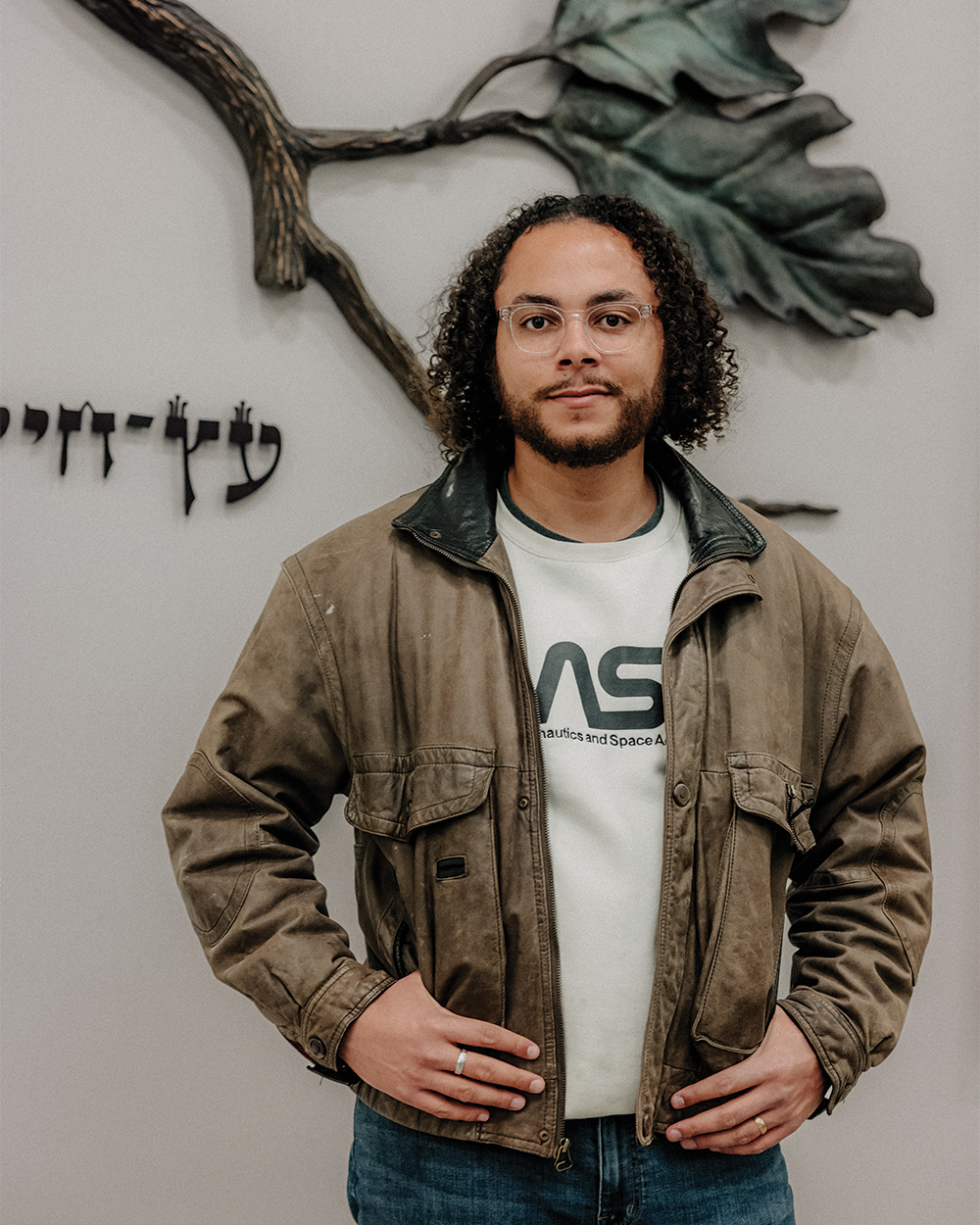
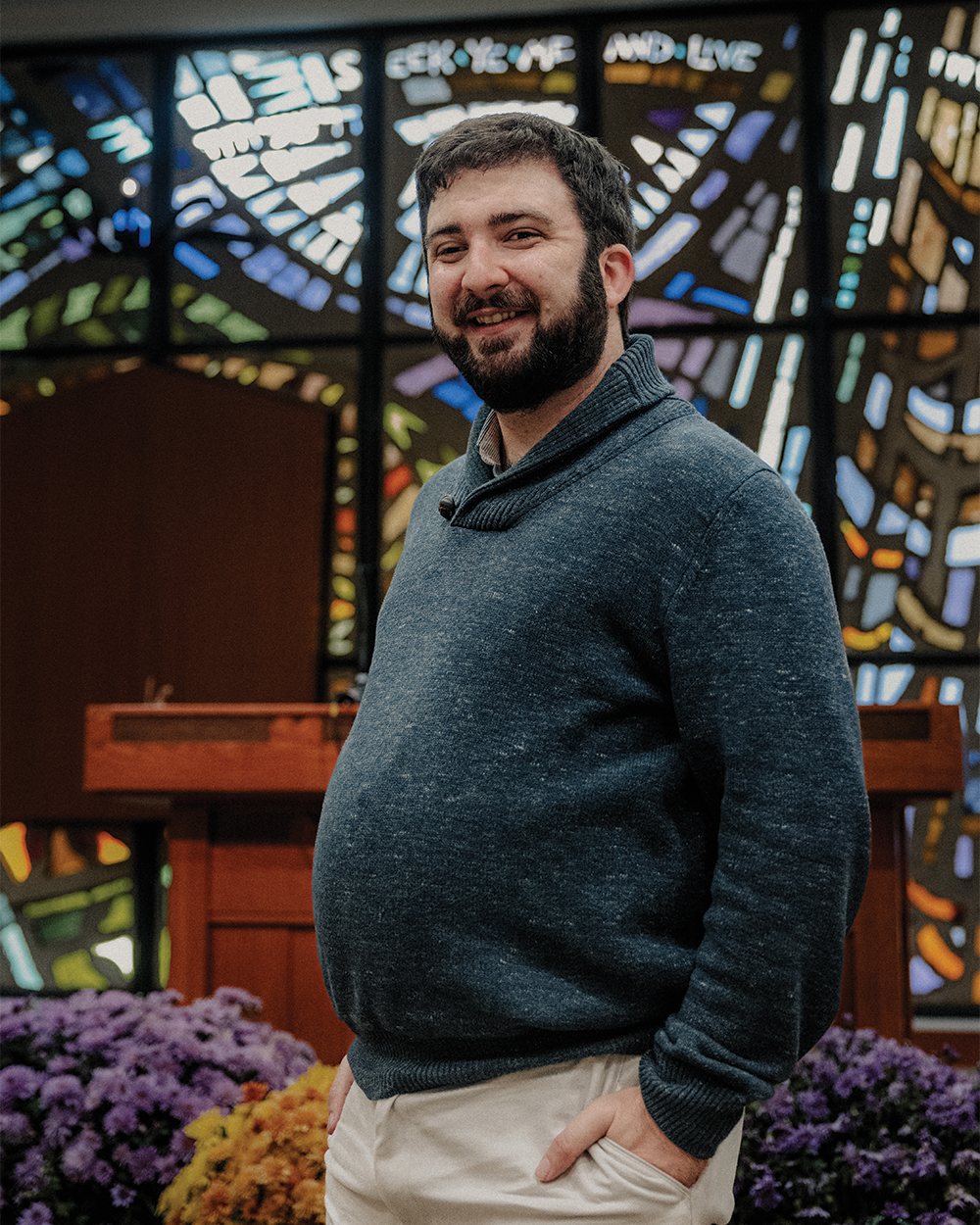



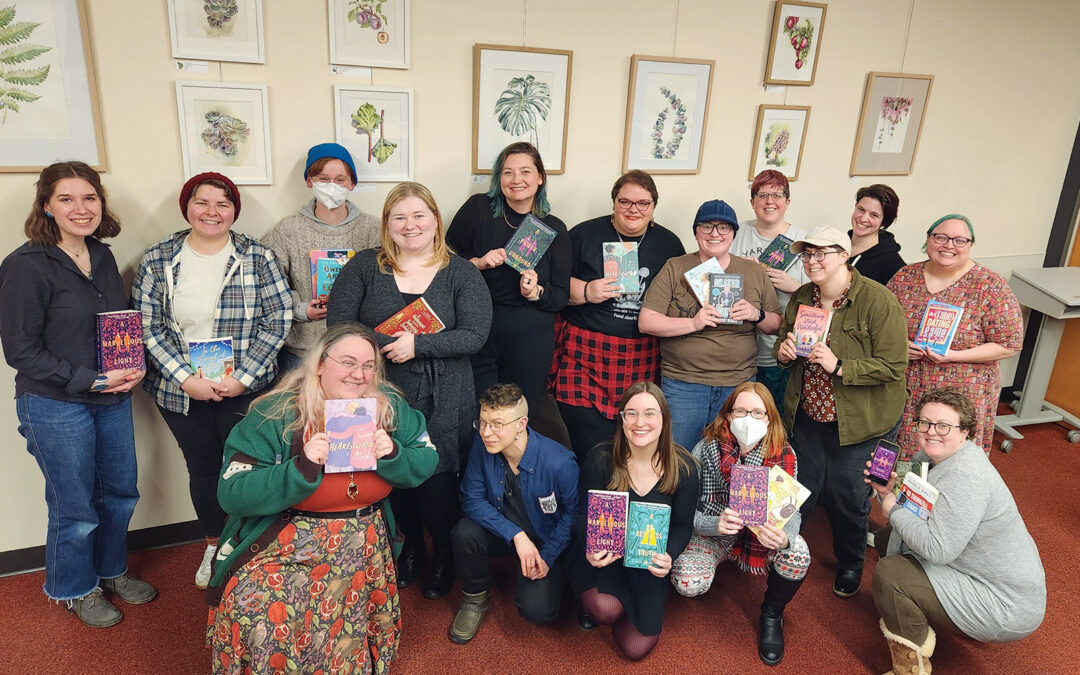
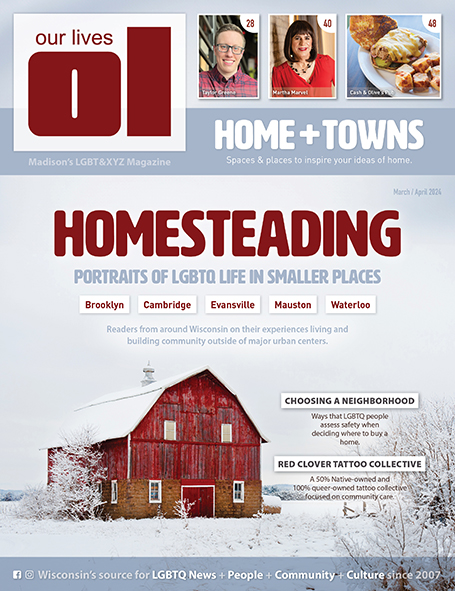
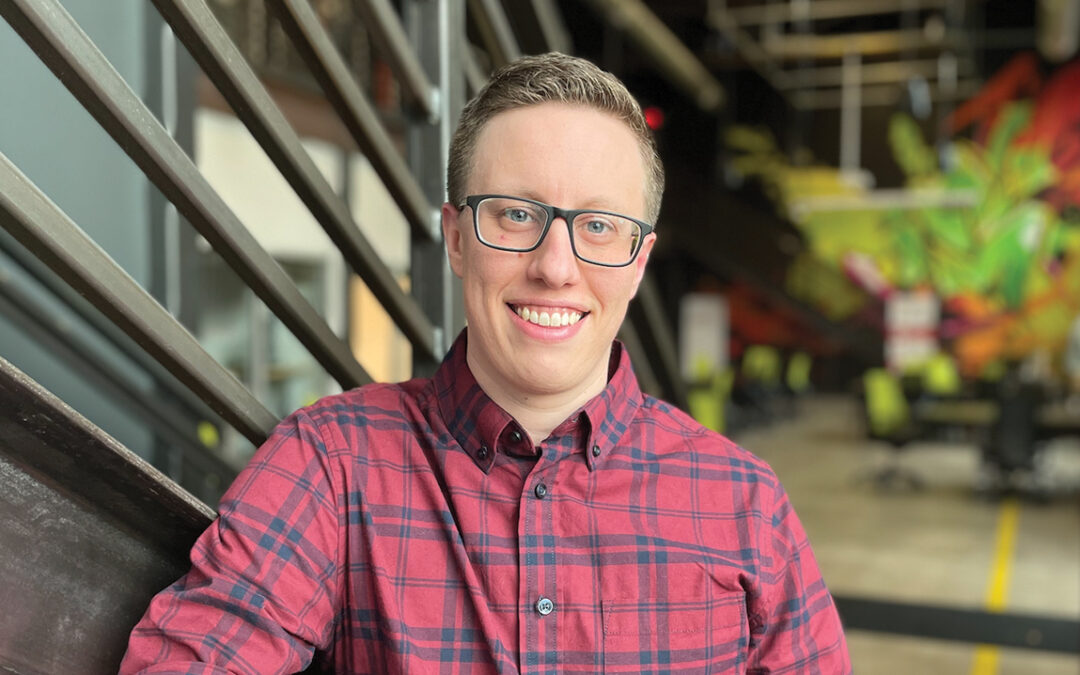
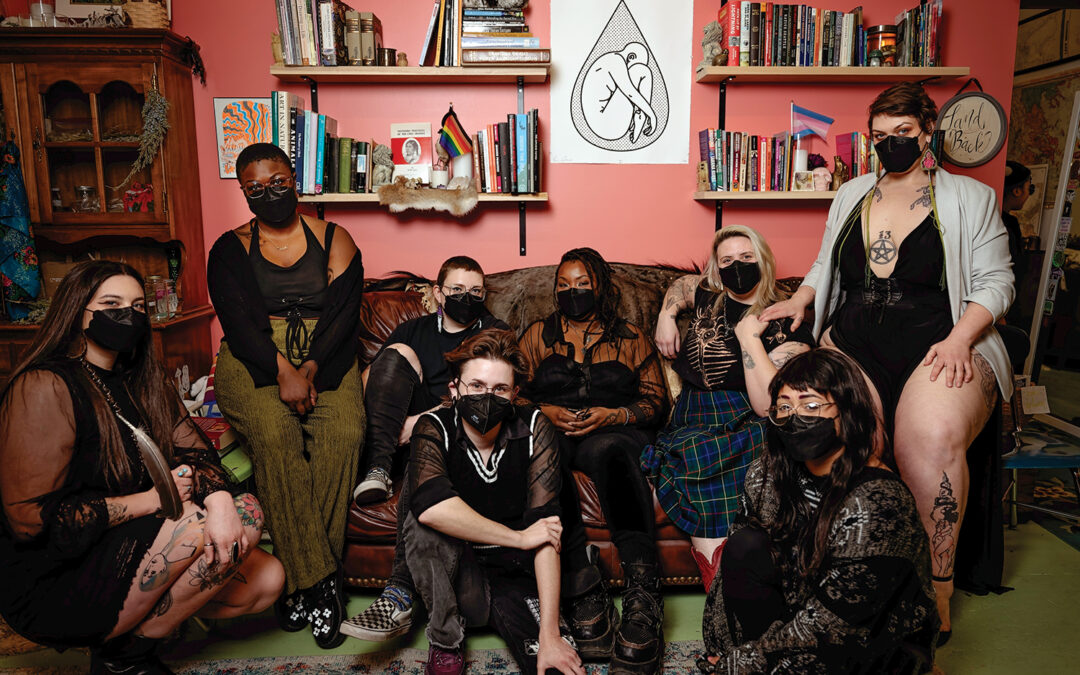
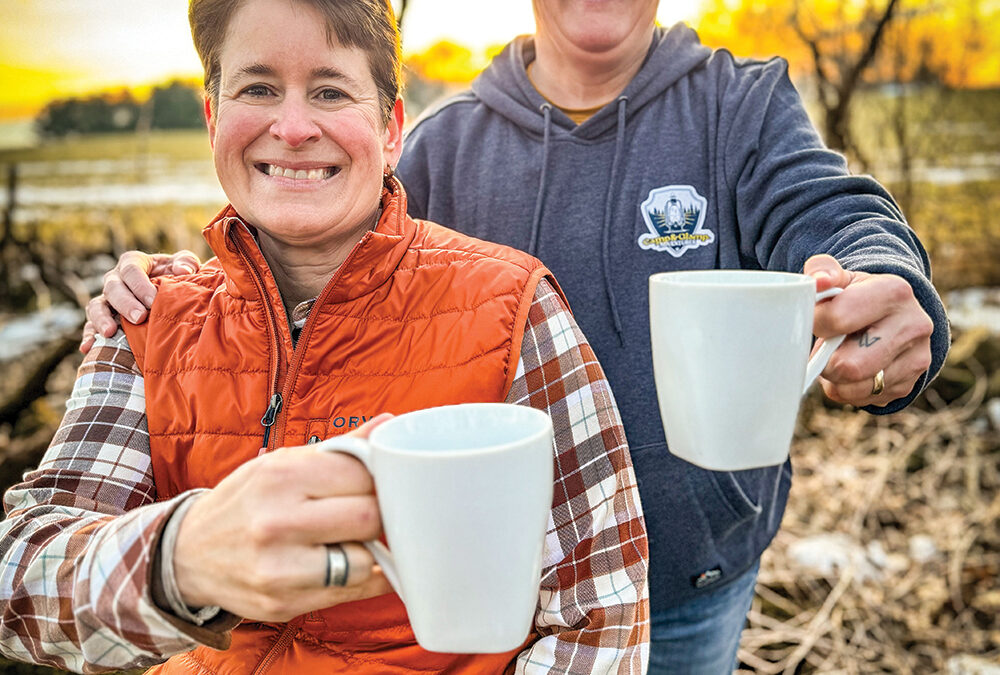
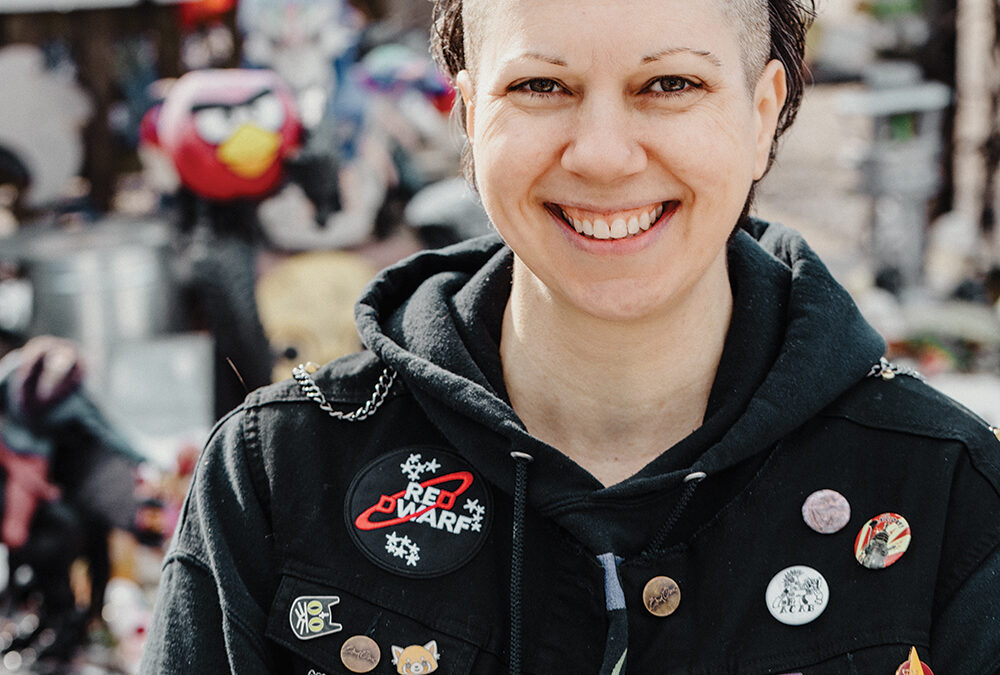
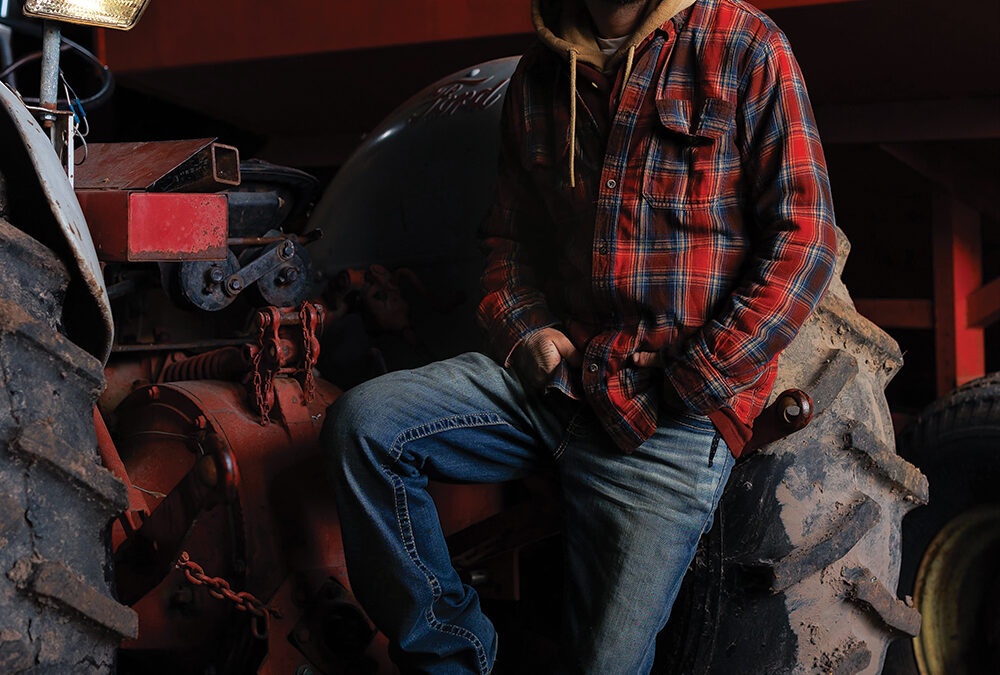
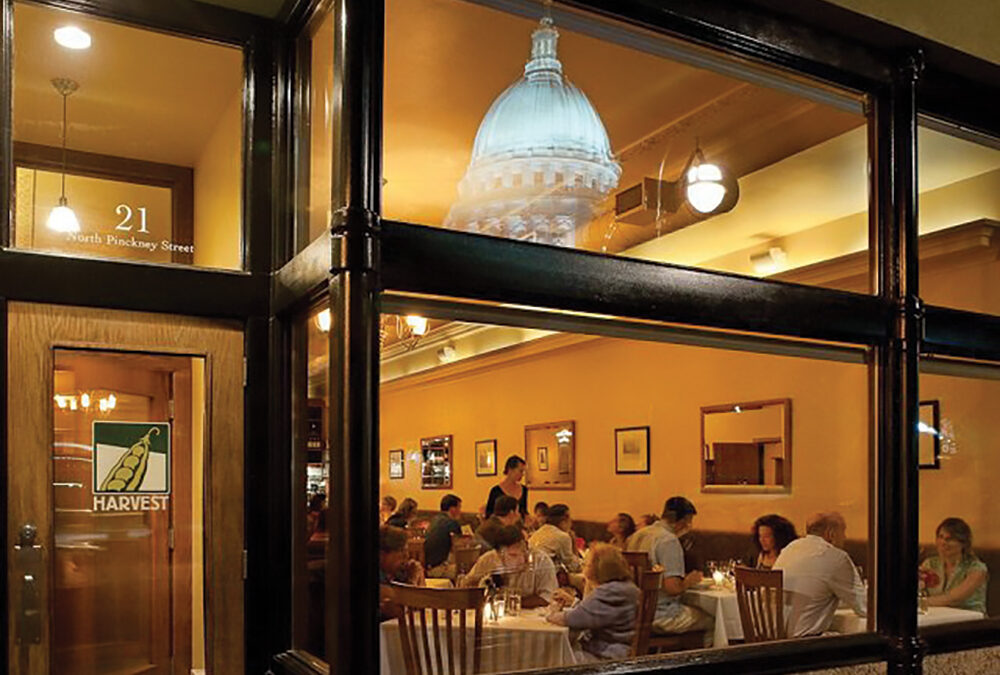
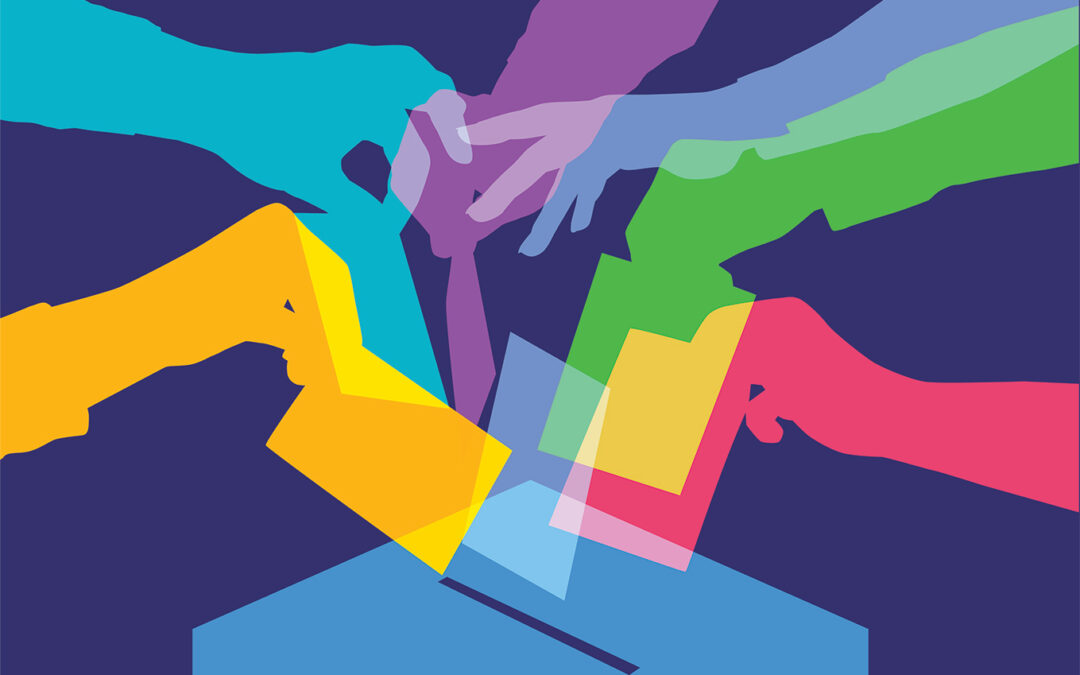
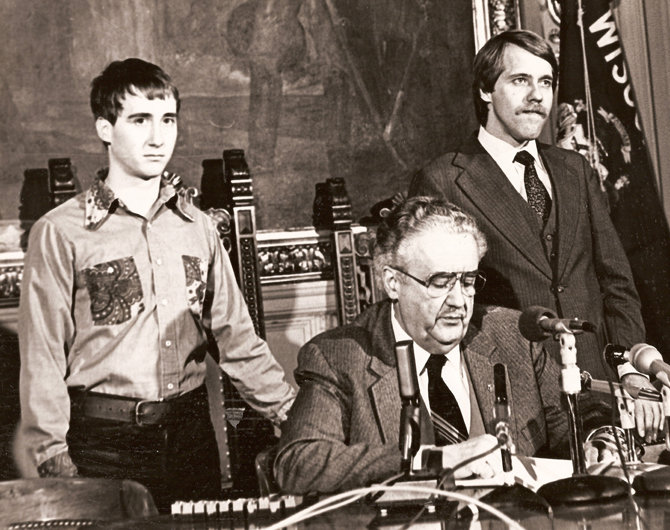









0 Comments